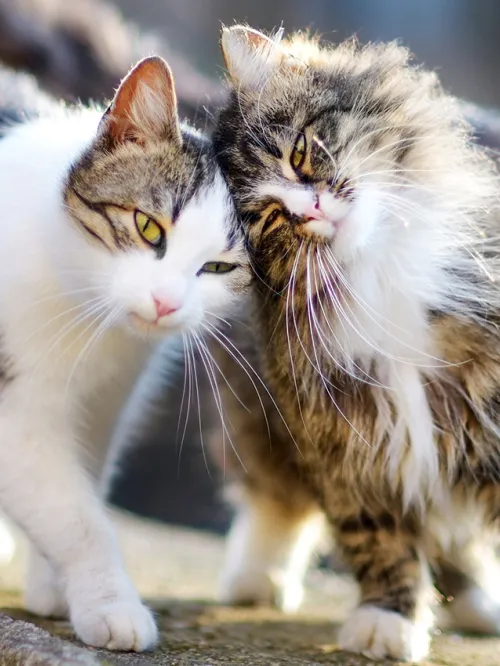At Humane World for Animals, we believe that knowledge is the key to better lives for pets, wildlife and the people who care for them. Our expert-curated Animal Care Resources library provides trusted, science-backed guidance on pet adoption, health, behavior, and humane solutions for coexisting with wildlife.
We've compiled these resources to help you make informed, compassionate decisions—whether you’re welcoming a new pet, navigating behavior challenges or seeking humane ways to manage wildlife conflicts.
Animal Care Resources
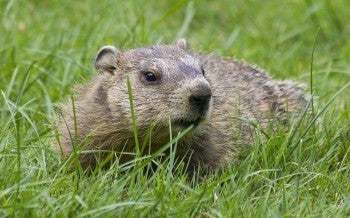
Groundhogs are shy, timid creatures that may dine on garden vegetables or flowers. Fencing and humane harassment are the best ways to solve conflicts with woodchucks.
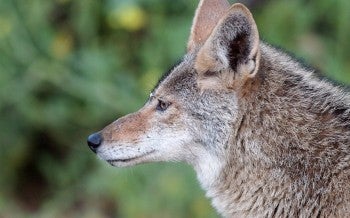
If you spot a coyote in your neighborhood, relax: Most coyotes avoid people. “Seeing a coyote out during the day is not a...
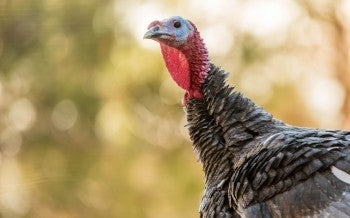
Too many turkeys in your yard or garden? Find easy, effective and humane ways to move them along off your property.
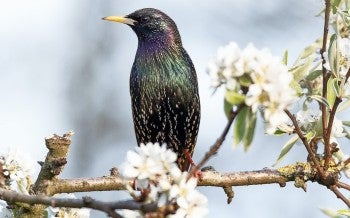
Starlings are cavity-nesting birds and will use attics, vents, and ducts in homes to build nests for their eggs and to raise their young.
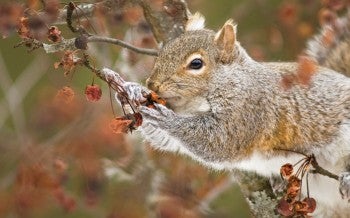
Squirrels are smart and athletic, which might make them an annoyance. Here’s how to handle squirrel conflicts with kindness when they get in your house.
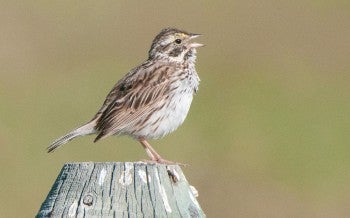
Of all sparrows, the non-native house sparrow is most often in conflict with humans because the birds are so good at adapting to our buildings and nesting in crevices.
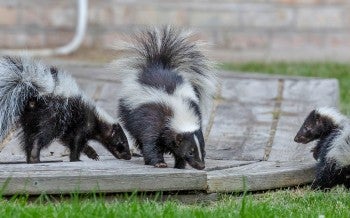
Learn how to live near and deal with this gentle species when they enter your yard or garage.
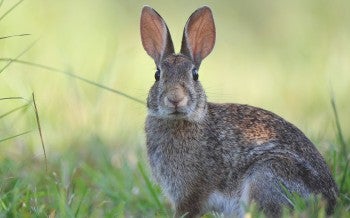
Rabbits may eat our plants or crops in the garden, yet they are critical members of our ecosystem. Make sure they are the culprit and learn what you can do without hurting them.
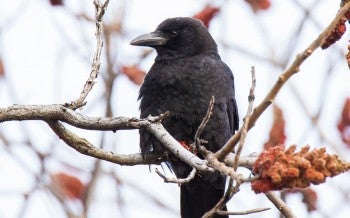
Crows can get in the trash and compost. These smart black birds are now common residents of cities and towns, but relocation is more effective and humane than poison.
